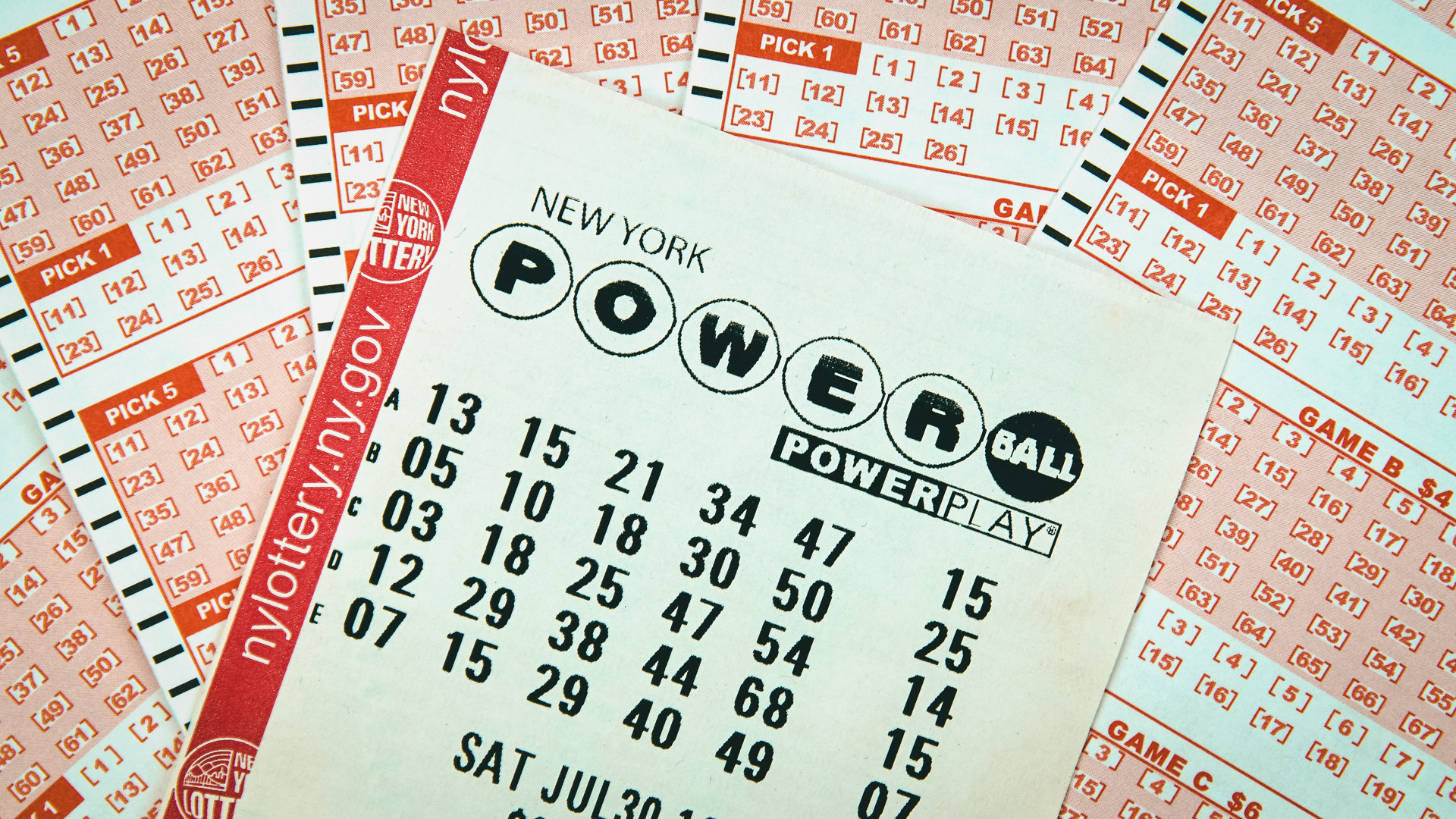
A lottery is a method of distributing prize money that involves drawing numbers to determine a winner. The term “lottery” is used to refer to state-sponsored lotteries, but it can also be applied to private lotteries that charge a fee for participation. While casting lots to make decisions and determining fates has a long history (including several instances in the Bible), the use of lotteries for material gain is of more recent origin, with the first recorded public lottery held during the reign of Augustus Caesar to pay for municipal repairs in Rome. Lotteries are a common method for raising funds for a variety of public and private purposes, and have been a popular form of taxation in the United States.
Lottery proceeds are commonly used for a wide range of public and private purposes, including educational, health, and charitable endeavors. They are often viewed as a painless alternative to raising taxes, and are popular with the public when there is a fear of higher taxes or cuts in public programs. In addition, lotteries can be promoted as a way to raise funds for specific projects, such as the construction of schools or bridges.
In the United States, the federal government and many states authorize and regulate lotteries. The laws generally delegate to a lottery commission or board the responsibility for selecting and training retailers, setting prices and rules for the games, and overseeing the distribution of prizes. State laws may also provide for exemptions, such as those provided for charitable and non-profit organizations.
There are a number of issues associated with the operation of a lottery, including its effect on poor people and problem gamblers. Some argue that the promotion of lotteries is unethical, because it exploits vulnerable groups in order to generate profits. Others have argued that the promotion of lotteries is appropriate, because it is a popular and profitable way to fund public services.
The profitability of a lottery depends on the number of tickets sold, and the percentage of the prize pool returned to winners. The percentage returned to winners is typically based on the total value of the prizes, after expenses for promotions, profits for the promoters, and taxes or other revenues have been deducted. In most cases, a single large prize is offered along with a series of smaller prizes.
The odds of winning a lottery prize can vary widely, depending on the price of a ticket, and the number of numbers purchased. Lottery advertising is commonly accused of misrepresenting the odds, by claiming that there is a high probability of winning, and by inflating the value of the money won. Studies have shown that the majority of lottery players come from middle-income neighborhoods, while lower-income people play at much lower rates. This disparity has led some to question whether the lottery is being operated in the public interest. The lottery has also been criticized for its addictive nature, and there are numerous cases of people who have lost their homes or families as a result of gambling addiction.